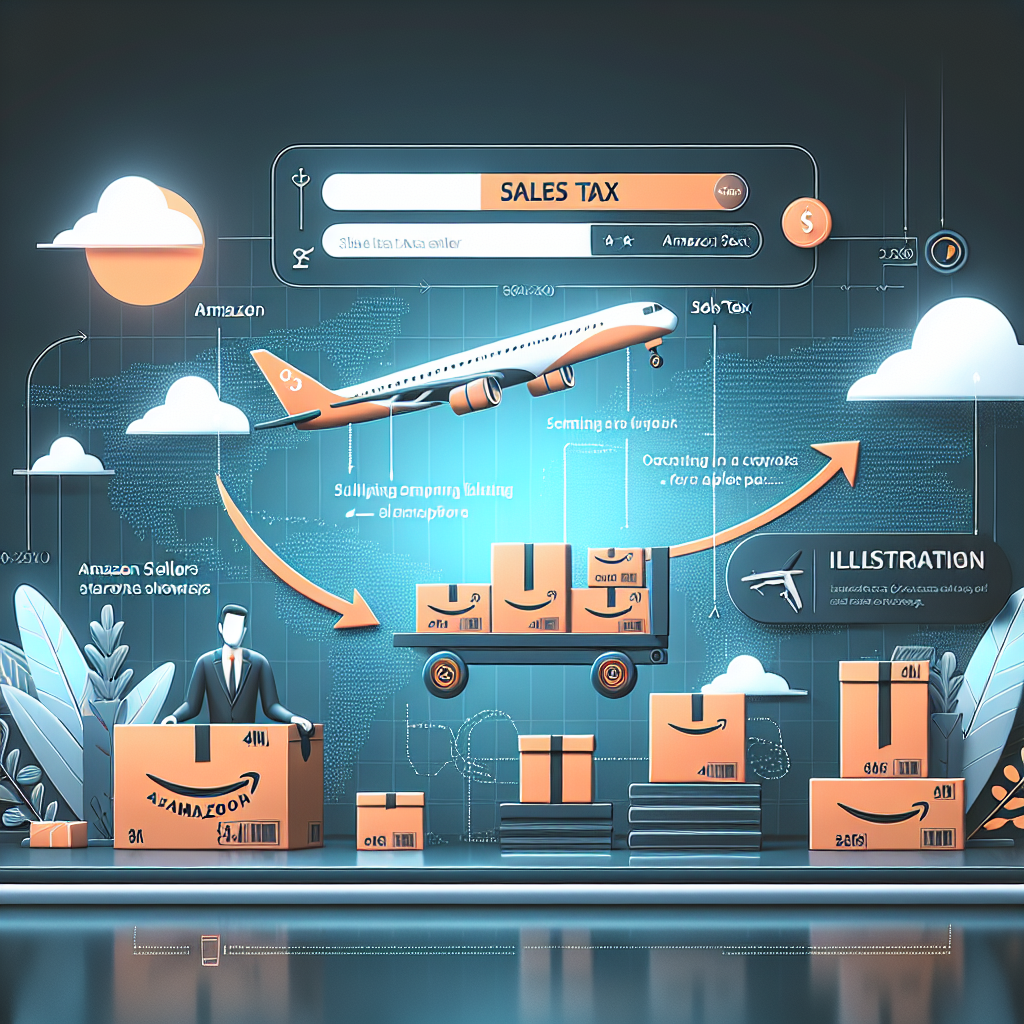Amazon eCommerce
What You Need to Know About Sales Tax as an Amazon Seller
What You Need to Know About Sales Tax as an Amazon Seller

As an Amazon seller, understanding the intricacies of sales tax can be a daunting task. However, it’s an essential part of doing business and can significantly impact your bottom line. This article will delve into the key aspects of sales tax that every Amazon seller should be aware of, including the concept of nexus, the role of Amazon in sales tax collection, and the importance of compliance. We’ll also provide practical tips on how to manage sales tax effectively.
Understanding Sales Tax Nexus
The concept of sales tax nexus is fundamental to understanding your sales tax obligations as an Amazon seller. Nexus refers to a business’s connection with a state that requires it to collect and remit sales tax. This connection can be established in various ways, such as having a physical presence, employees, or significant sales in the state.
For Amazon sellers, the most relevant type of nexus is ‘economic nexus.’ This is established when a seller makes a certain amount of sales or transactions in a state, even without a physical presence. The thresholds for economic nexus vary by state, but a common standard is $100,000 in sales or 200 transactions.
Amazon’s Role in Sales Tax Collection
Amazon plays a significant role in sales tax collection for its sellers. In 2018, the company introduced a service called Marketplace Facilitator, which automatically collects and remits sales tax on behalf of sellers for orders shipped to customers in certain states. This service is a result of laws passed in many states requiring marketplaces like Amazon to collect sales tax on behalf of their sellers.
However, it’s important to note that Amazon only collects sales tax in states where it’s required to do so as a marketplace facilitator. In other states, the responsibility of collecting and remitting sales tax still falls on the seller.
The Importance of Compliance
Compliance with sales tax laws is crucial for Amazon sellers. Failure to collect and remit sales tax can result in penalties, interest charges, and even audits. Moreover, it can damage your reputation and relationship with customers, as they may be held liable for unpaid sales tax.
Compliance involves several steps, including registering for a sales tax permit in each state where you have nexus, collecting the correct amount of sales tax, and filing regular sales tax returns. It’s also important to keep accurate records of your sales and tax collections for audit purposes.
Managing Sales Tax Effectively
Managing sales tax can be complex, but there are several strategies that can help simplify the process:
- Use a Sales Tax Automation Tool: These tools can automatically calculate, collect, and remit sales tax on your behalf. They can also generate reports and file returns, saving you time and reducing the risk of errors.
- Stay Informed: Sales tax laws can change frequently, so it’s important to stay up-to-date with the latest developments. This can be done by subscribing to sales tax newsletters, attending webinars, or consulting with a tax professional.
- Consult with a Tax Professional: If you’re unsure about your sales tax obligations, it’s always a good idea to consult with a tax professional. They can provide personalized advice and help you navigate the complexities of sales tax.
Conclusion
Understanding and managing sales tax is a crucial aspect of being an Amazon seller. By understanding the concept of nexus, recognizing the role of Amazon in sales tax collection, and prioritizing compliance, you can ensure that you’re meeting your sales tax obligations and avoiding potential penalties. While managing sales tax can be complex, tools and resources are available to help simplify the process and keep you informed. Remember, when in doubt, it’s always best to consult with a tax professional.

